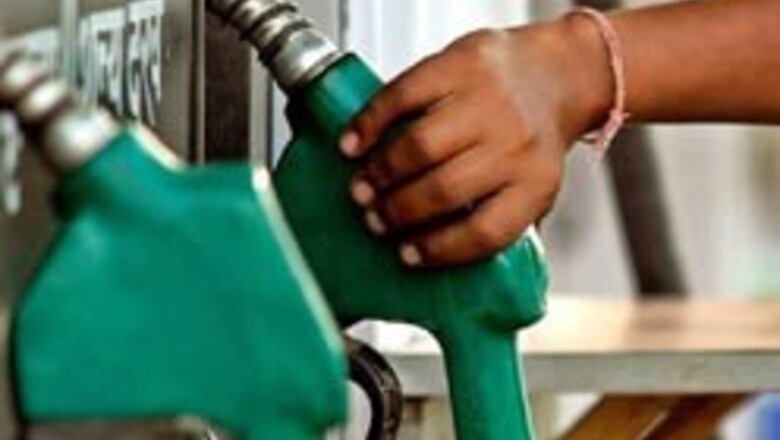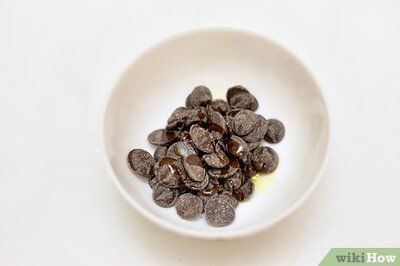
views
New York: Eight American lawmakers have demanded that the Export-Import Bank of the US immediately suspend all financial assistance to Reliance Industries Ltd (RIL) until it agrees to stop selling gasoline to Iran.
The Export Import Bank, or Ex-Im as it is popularly known, has provided two separate loan guarantees worth $900 million, including a $400-million loan by JP Morgan in August. The loan will fund RIL's expansion programmes.
In a letter written to Ex-Im president James Lambright, the eight Congressmen, from both the Republican and Democratic parties, alleged that RIL, being a major supplier of gasoline to Iran, is detrimental to national security interests of the US and the loan is in direct collision with its foreign policy on Iran.
"Given the apparent lack of consideration of the relationship between Iran and RIL during the approval of the two loan guarantees packages for RIL, we further urge that you take whatever action necessary to secure an understanding with Reliance that before any undisturbed guarantees are released, Reliance will commit to ceasing its gasoline shipments to Iran," the lawmakers said.
The four-page letter, a copy of which was obtained by IANS in New York, has been signed by Congressmen Brad Sherman, Mark Steven Kirk, Howard L. Berman, Edward R. Royce, Steve Israel, Steven R. Rothman, Ron Klein and Gary Ackerman.
Of these, while Berman is chairman of the powerful House Committee of Foreign Relations, Sherman, Ackerman, Klein and Royce are its members. Israel and Rothman are members of the House Appropriations Committee.
"While we would normally strongly support this type of assistance to facilitate US exports to India, we are deeply concerned about the inadequate attention paid to other vital national interests in the approval of these guarantees," the lawmakers said.
The letter from the House of Representative members follows another sent by Senators Joe Lieberman and Jon Kyl early November, who also raised similar concerns about Ex-Im Bank's ties with RIL.
Led by Sherman, the Congressmen said the approval of loans to RIL and Ex-Im Bank president Lambright's response to Senators Lieberman and Kyl raises questions and concerns.
"We also request that you implement a more robust process of consultation with other foreign policy agencies regarding proposed transactions, and that you take extraordinary action to secure an understanding of Reliance that before any undisbursed guarantees are released, Reliance will commit to ceasing its gasoline shipments to Iran," the letter urged Lambright.
In his response to the Senator's letter, Lambright had said Dec 2: "Ex-Im is not aware that Iran is among the largest market's of RIL's energy products. In fact, RIL has informed us that sales to Iran from its existing refinery present only a small portion of RIL's total trade activities."
This, the US lawmaker said, reflects that Ex-Im is taking the response from RIL on its face value and not doing its own independent investigation.
"Was there any effort by the US government to ascertain what commercial relationship RIL had with Iran, other state sponsors of terrorism, or other states hostile to the US, prior to approving these transactions? Was there any effort to determine how significant these relationships are for the countries in question," the letter asked.
"Has RIL made any commitment not to source crude from Iran or sell refined petroleum products to Iran? Is Ex-Im contending that, if its support does not directly benefit the specific portion of the complex supplying Iran with a significant portion of its imported gasoline, there is no potential problem with providing assistance to RIL?" the Congressmen questioned the EX-Im chief.
At a time when the US is leading an effort to increase economic and diplomatic pressure on the Iranian regime in response to Tehran's nuclear programme, such assistance to companies with business ties with Iran - a loan guarantee scheme - would not help the American cause, the letter said.
"Iran is an energy-rich country, but Tehran lacks the refining capacity to provide itself enough gasoline," Sherman said.
"Iran imports about 40 percent of its gasoline. We could greatly increase our leverage against Tehran in the dispute over its nuclear program by encouraging those supplying them with gasoline to halt their trade with Iran," he said.
"We cannot miss opportunities like this one, where we can greatly increase our leverage over a major trading partner with Iran," Sherman said.



















Comments
0 comment